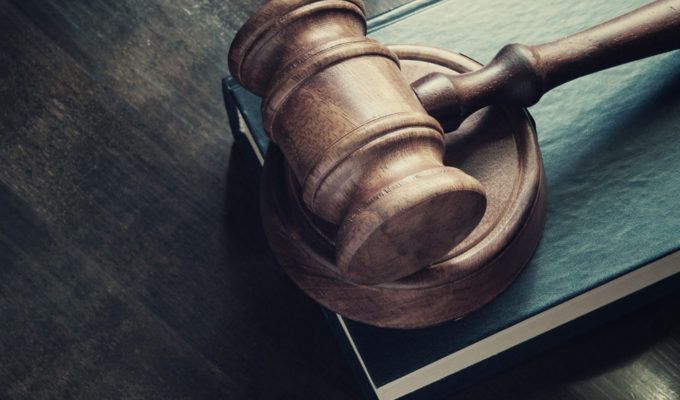Security News

Google has urged the UK's Supreme Court to throw out a £3bn lawsuit brought by an ex-Which director over secretly planted tracking cookies on devices running Safari, on the grounds that local law doesn't allow for opt-out class action lawsuits. The case, being heard over two days this week in the Supreme Court, the final court of appeal in Britain for civil cases, has huge implications for legal businesses and investors as well as data protection law.

Google on Wednesday began a legal bid at Britain's highest court to try to block a class action alleging that it illegally tracked millions of iPhone users. In October 2018, the High Court dismissed the case but the Court of Appeal overturned the decision in October 2019, allowing it to proceed.

Civil liberties groups are asking the Supreme Court to give the public access to opinions of the secretive court that reviews bulk email collection, warrantless internet searches and other government surveillance programs. The groups say in an appeal filed with the high court Monday that the public has a constitutional right to see significant opinions of the Foreign Intelligence Surveillance Court.

Nowhere is that more clear than in a case heard in the US Supreme Court on Monday, covering a cop - former police sergeant Nathan Van Buren - who was convicted of breaking the Computer Fraud and Abuse Act in 2017 after using his access to a police database of license plate numbers to look up the owner of a specific car for a cash payment. Van Buren's lawyer, Jeffrey Fisher, argued that once someone is authorized to access a database, such a cop authorized to use a plate database, that's pretty much it - you can't be found guilty of fraud under the CFAA. The law, he argued, was intended only to address hacking - and his client didn't hack the computer.

The phishing emails spoof the U.S. Supreme Court, aiming to capitalize on scare tactics to convince targets to click on an embedded link. "The sender name impersonated the Supreme Court, making the email likely to get past eye tests when people glanced through it amidst hundreds of other emails in their overflowing mailboxes. The email language was terse and authoritative, including a CTA in the email - View Subpoena - clearly describing the purpose of the email."

Morrisons supermarket is not liable for the actions of a disgruntled employee who deliberately leaked nearly 100,000 employees' payroll data online, Britain's Supreme Court has ruled. Supreme Court judge Lord Reed ruled: "First, the disclosure of the data on the internet did not form part of Skelton's functions or field of activities," also decreeing that previous findings by the High Court and Court of Appeal were mistaken in law.

Almost exactly one year after the stringent European General Data Protection Regulation came into effect (May 25, 2019), the Supreme Court of the state of Georgia has ruled (May 20, 2019) that...

The UK Supreme Court has delivered a ruling that ensures that intelligence agency surveillance action can be challenged in the courts, and is subject to the rule of law. read more

It all went a bit Pete Tong for the Peeping Toms Britain's Supreme Court said today that rulings from a secretive UK spy tribunal can now be appealed against after a legal challenge from pressure...

The decision means Yelp, and other platforms, are still protected from liability for user-submitted content under the CDA's Section 230.